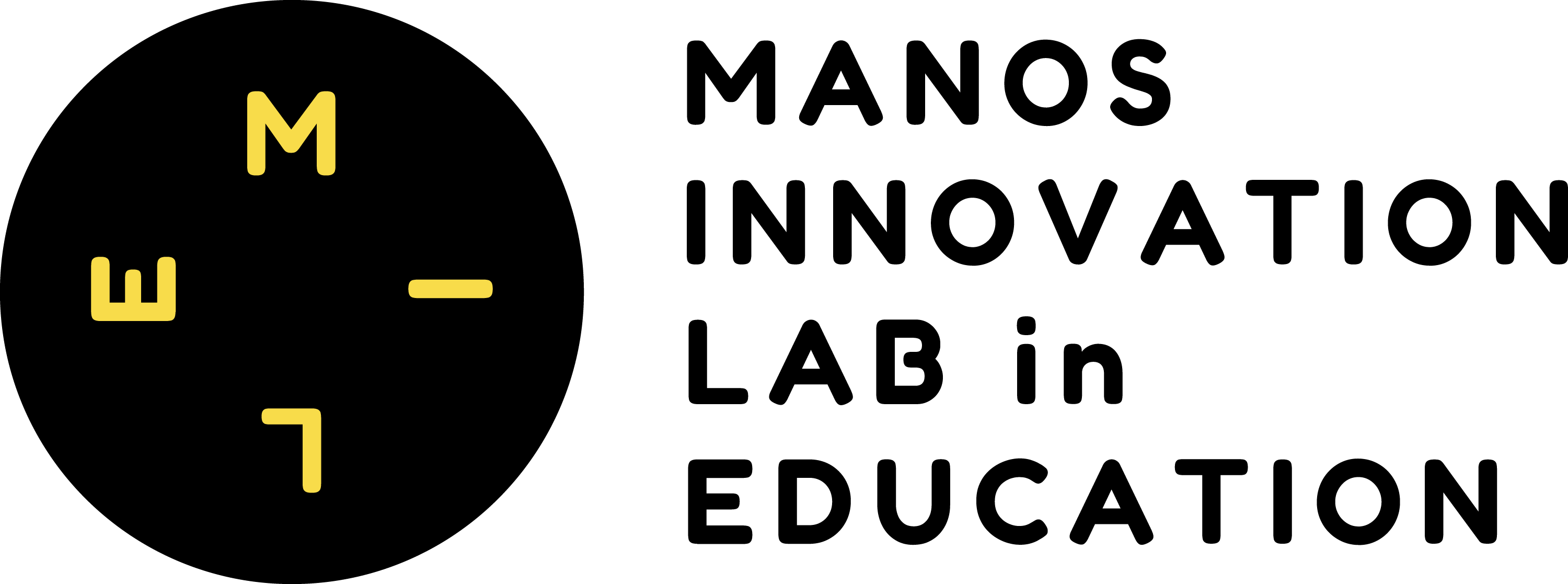About
We take a scientific approach to improving educational outcomes.

About the Innovation Lab
The Innovation Lab studies education (from early childhood to tertiary) through the lens of human capital theory. We view the skills developed in education as contributing to a stock of knowledge for each individual (their human capital) that is an important determinant of post-education earnings and employment outcomes.
We use modern social scientific techniques such as randomised controlled trials, causal inference, economic theory, and machine learning to understand the causal impact of a wide range of education and policy interventions on learning outcomes specifically, and the development of human capital more generally.
An interdisciplinary team
Our team includes economists, education researchers, and policy-makers. We take a rigorous and interdisciplinary approach to our research.
We understand that people, institutions, and incentives all affect educational outcomes. And we know that outcomes are broad and multidimensional. Our work focuses on improving outcomes—especially for less advantaged students—by helping design educational programs and interventions in the most effective way.
Our people
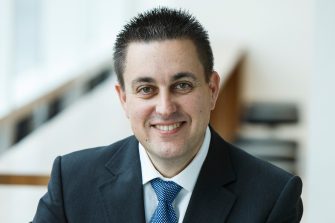
Richard Holden
Richard Holden
Director
Richard Holden is a Professor of Economics at UNSW Business School, Director of the Economics of Education Knowledge Hub @UNSWBusiness, Co-director of the New Economic Policy Initiative, and President-elect of the Academy of the Social Sciences in Australia.
Prior to that he was on the faculty at the University of Chicago and the Massachusetts Institute of Technology. He received a PhD from Harvard University.
He is a Fellow of the Econometric Society and a Fellow of the Academy of the Social Sciences in Australia.
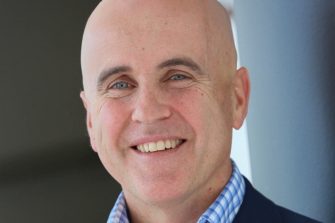
Hon Adrian Piccoli
Hon Adrian Piccoli
Deputy Director
The Hon Adrian Piccoli is the former NSW Minister for Education and former Director of UNSW’s Gonski Institute for Education. He is a highly regarded policy reform advocate particularly in relation to addressing inequality in Australian education as well as improving access for students to high-quality education wherever they may live or go to school.
In 2017 he was made a Fellow of the Australian Council for Educational Leaders.
In 2019 Adrian published his first book, 12 Ways Your Child Can Get the Best Out of School.
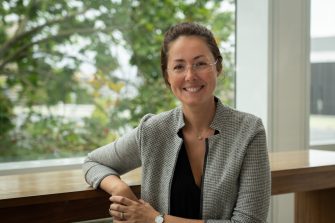
Isabella Dobrescu
Isabella Dobrescu
Research Principal
Professor Isabella Dobrescu is the Deputy Director of UNSW’s Scientia Education Academy. A microeconometrician by training, she is currently involved in several evaluation studies designed to identify 'what works' in education, providing insights into ways to address the challenges of modern higher education. Her broader research spans cognition and decision-making, with a focus on economic well-being.
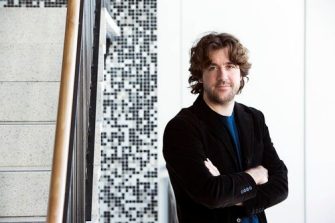
Alberto Motta
Alberto Motta
Research Principal
Alberto is an Associate Professor of Economics at UNSW Business School. His interests are in contract theory, development economics and labour. He studies the types and features of organisational design that are most effective in firms, enforcement agencies and media. More recently, he combines theory, empirical analysis and randomised controlled trials to help design interventions that aim to improve educational outcomes using technology.
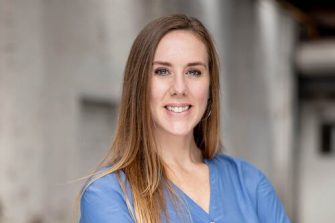
Sarah Walker
Sarah Walker
Research Prinicpal
Sarah Walker is an Associate Professor in the School of Economics at UNSW Business School. Her research focuses on topics in applied microeconomics, including economic development, economic history, culture and institutions, and the intersection of these issues with the environment. Prior to completing her PhD at the University of Wisconsin in 2015, Sarah held consultancies with the World Bank and UNHCR, and worked for several years in boutique financial services. In 2020, she was awarded the Paul Bourke Award for Early Career Research by the Academy of Social Sciences in Australia and Discovery Early Career Research Award (DECRA) by the Australian Research Council.
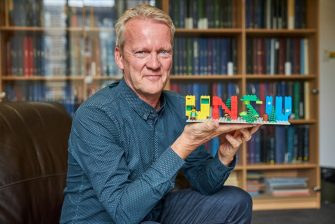
Pasi Sahlberg
Pasi Sahlberg
Research Principal
Pasi Sahlberg is a Visiting Professorial Fellow at UNSW Business School. He is a Finnish educator and author who has worked as schoolteacher, teacher educator, researcher, and policymaker in Finland and has advised national education reforms around the world. Pasi has held senior education expert posts in World Bank and European Commission, and leadership positions in the Finnish Government. His research interests include whole-system educational change, international education policies, equity in education, and learning through play.
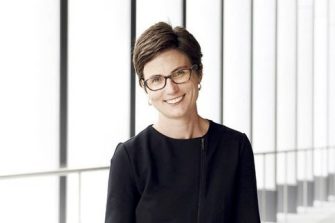
Rosalind Dixon
Rosalind Dixon
Senior Fellow
Rosalind Dixon is a Professor and Director of the Gilbert + Tobin Centre of Public Law at the Faculty of Law & Justice, UNSW. She is passionate about education at all levels, and involved in the NSW DET Game Changer challenge as a judge and stream co-designer, and on the educational advisory board of Cluey Learning.
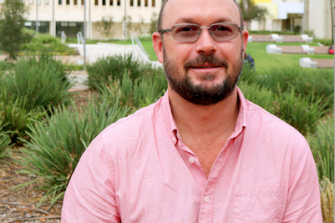
Philip Roberts
Philip Roberts
Senior Fellow
Philip is an Associate Professor in Curriculum Inquiry & Rural Education at the University of Canberra, where he is the research leader for the Rural Education and Communities research group within the Centre for Sustainable Communities. His research has focused on rural schools, the attraction and retention of professionals in rural schools and access and achievement in the senior secondary curriculum.
Philip was a High School Teacher and School Executive in rural schools and has led a number of large-scale research projects in the rural education and curriculum fields.
He is an ARC DECRA Fellow (2020-23). Philip Received his PhD from Charles Sturt University.
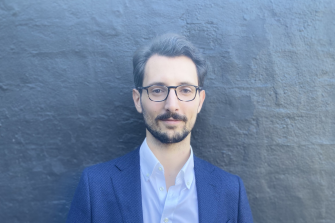
Fabio Martinenghi
Fabio Martinenghi
Research Associate
Fabio is a Research Associate at UNSW Business School. He is an empirical economist focusing on issues around family, education and law. He studies household formation and dissolution and their ramifications on the well-being of children.
Notwithstanding a background in Philosophy, he is an avid programmer and is currently working on applications of natural language processing (NLP) techniques to the study of Family Law.

